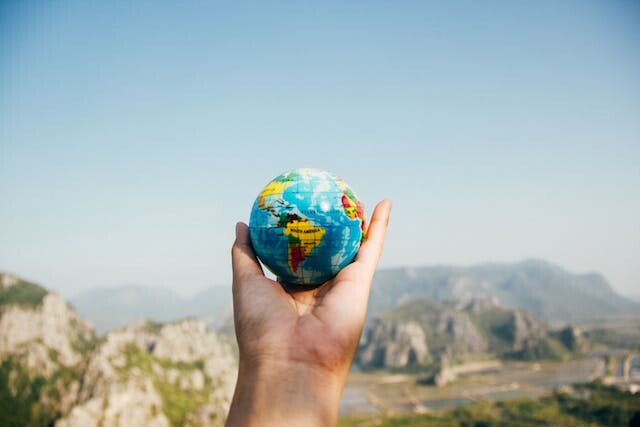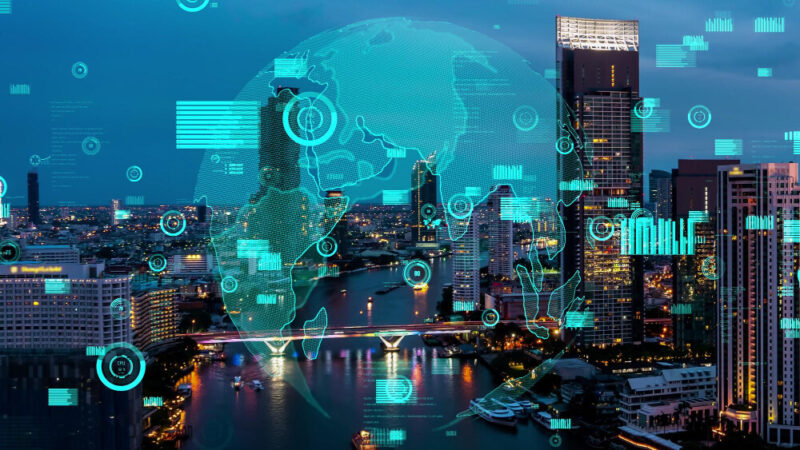When we talk about creating products or software that the world can use, you’ll often hear words like “localization” (or the cool short form, L10N) and “internationalization” (that’s I18N for the folks in the know). Now, they might seem like they mean the same thing, but they’re actually different. And if you’re a business dreaming big about going global, you’d want to get the difference down the path.

(Photo courtesy of Pexels/Artem Podrez)
At its core, internationalization is the foundational step. It refers to the process of designing and developing a product, application, or document content in a way that ensures it can be adapted to various languages and regions without requiring significant changes. I18N is all about potential: it sets the stage for a product or service to be usable in multiple regions, considering elements like varying date formats, currency, and text direction. By internationalizing a product, developers ensure that its structure and codebase are ready to handle diverse regional specifications.

On the flip side, localization is all about getting into the nitty-gritty of tweaking a product or service so it’s just right for a certain place or group of people. It’s like translating words, changing up pictures, and reshaping stuff so it fits exactly what folks in that area like and are used to. Plus, you gotta make sure everything’s on the up-and-up with local rules and what’s cool culturally. With L10N, you’re basically making your thing feel like it was born and bred there, even if it’s from halfway across the world.
While both processes are integral to reaching a global audience, they serve different stages of product development. Think of internationalization as laying the foundation and infrastructure for global compatibility, while localization fine-tunes that framework to resonate with specific audiences. A product that’s well-internationalized but not localized may function worldwide, but it may not fully resonate or could even be misunderstood in some regions.

(Photo courtesy of Pexels/Porapak Apichodilok)
Diving Deeper: Tools, Challenges, and Continuous Evolution
– Tools and Technologies: The journey from I18N to L10N has been streamlined with myriad tools. From frameworks designed for internationalization to advanced translation management systems for localization, developers and businesses have a suite of resources at their disposal to make global expansion smoother.

(Photo courtesy of Pexels/Google DeepMind)
– Challenges & Pitfalls: History is replete with tales of brands stumbling in new markets due to overlooked localization or inadequate internationalization. Whether it’s a mistranslated slogan or a product feature irrelevant to a particular region, these missteps underline the importance of a thorough approach to L10N and I18N. Brands like Pepsi and Chevrolet have faced challenges because their slogans or product names didn’t translate well culturally, sometimes leading to unintentionally humorous or offensive interpretations.
– Continuous Updates: In our ever-evolving global marketplace, resting on one’s laurels isn’t an option. Even post-localization, products may need tweaks and adjustments. Markets change, and consumption habits evolve, making continuous updates in localization a necessity rather than a one-time task. Continuous engagement with local user bases is vital. Regular feedback ensures that businesses can make iterative changes to better fit a product or service to a locale’s preferences and needs.
In conclusion, distinguishing between localization and internationalization is crucial for any business venturing into global markets. By understanding and appreciating the unique value each process brings, businesses can better navigate the complexities of global expansion, ensuring their products are both universally functional and regionally tailored.
–
* The published post is written by Sebastian Cordova, EQHO’s VP Global Business Development.
If you have any business inquiries or wish to discuss localization matters, please reach out to info@eqho.com.



